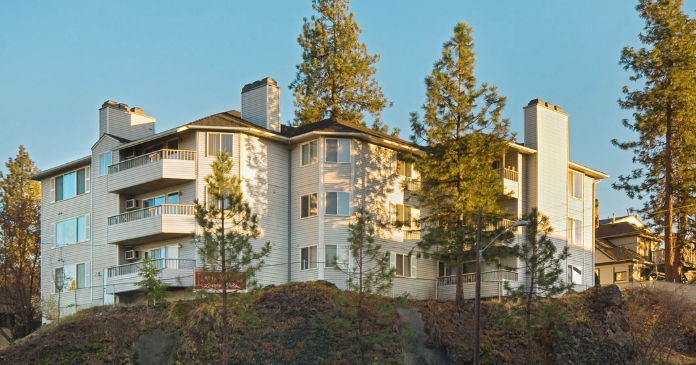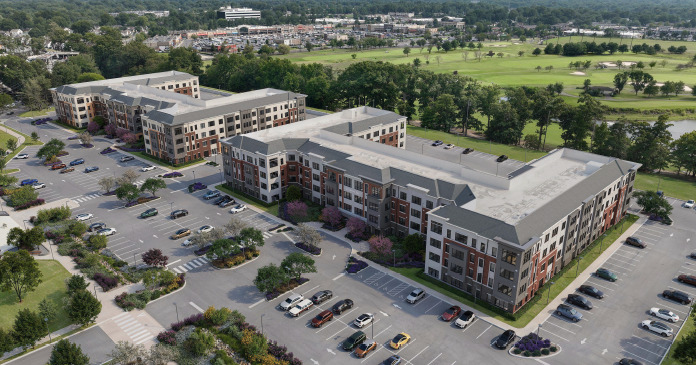Snapshots and soundbites are used to describe politics. Makes sense. The subconscious mind constantly scans the landscape for the most important thing: The path to prosperity, stability and opportunity. And of course, a single scale of justice in this, perhaps, last glimmer of a free market.
Then there’s the darling of the U.S. commercial real estate market, multifamily. Land of giants. Giants in size, ability and heart. Those who step into an often rough-rider world where activists lay in wait and politicians circle the golden ring.
In 2021 multifamily investment soared 120 percent before cooling as interest rates rose under the Biden administration. Residents occupied as many as 617,000 more units than they vacated over the last decade.
Reflecting rising interest rates, cap rates increased significantly since 2021, rising to 5.96 percent (up from a low of 3.82 percent). By 2026, the average multifamily cap rate is forecast to decline slightly, to 5.31 percent (Statista).
Forming the backbone of the nation, public companies, private equity and institutional investors including pension funds continue to make multi-billion-dollar deals and define city skylines. Holding their own are the fragmented but larger market share of mom and pops, and small to medium owners who make up the other half of the rental housing owners. This sets the table for a rather interesting national election.
Yield Pro’s lane is reporting those stories that make multifamily businesses of all types and sizes, profitable. In some small way we hope we’re holding true to the heart of the America dream. Given that focus, let’s scan the landscape for the most important thing.
If you’re a Class A, B or C market-rate housing provider, I can probably guess who’s getting your vote in November. You’re keenly aware of how your assets/portfolio performed in all seasons. You know better than anyone when you were left alone, undistracted, to focus on the business of housing.
If you’re in the non-profit, affordable, student, workforce or other such housing assets, I can guess who you are voting for, as well. You know when your business flourished and in what season you were able to grow, prosper and add product in a market of great need.
The various housing sectors do not cross paths—until they do. Without free markets, without the revenue of market-rate apartments, without the success of the private sector, there is no funding to take care of the least of these. Everyone has their benefactors. Come November, I only ask that you remember the full depth of your choices.














